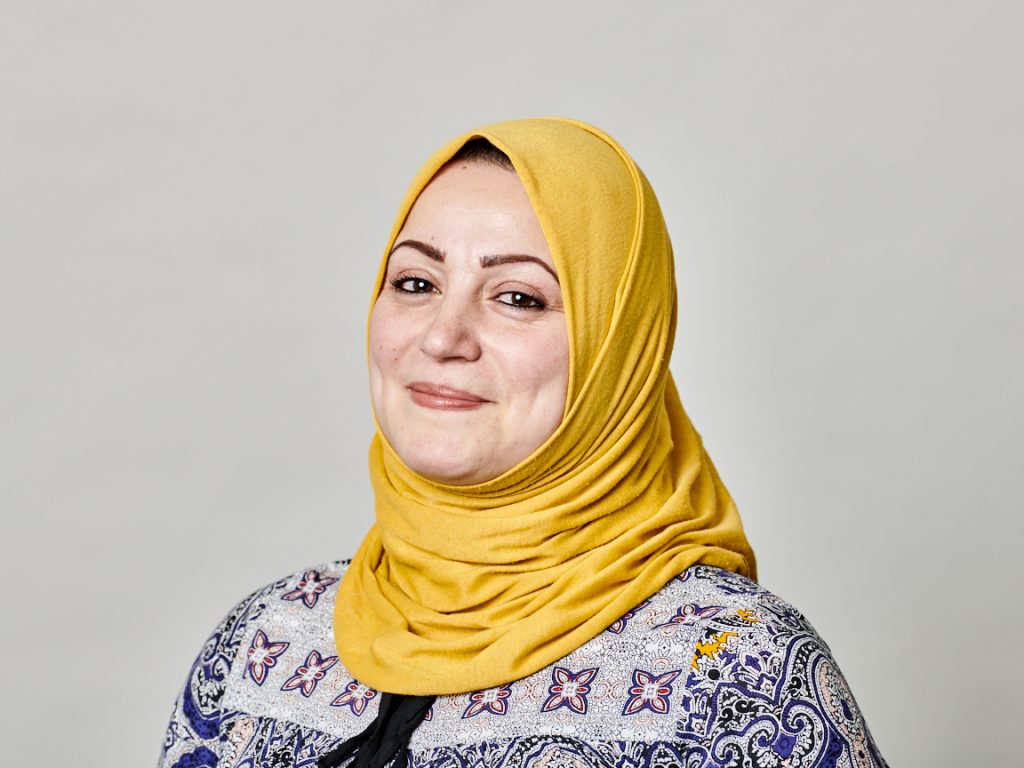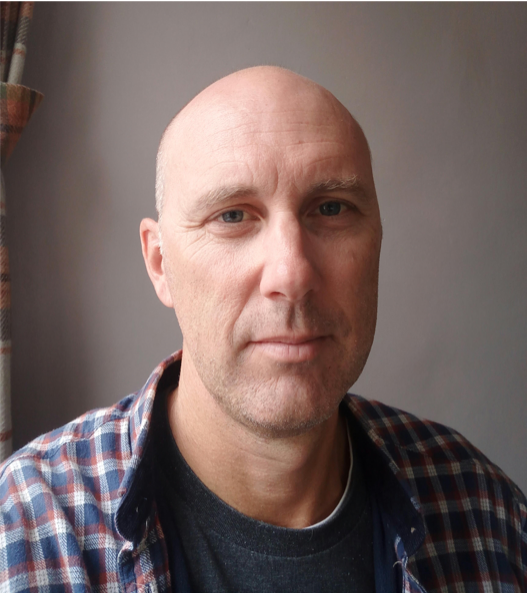The theme of International Women’s Day this year was #ChooseToChallenge. Here in FMS, we believe strongly in challenging gendered assumptions on working in science. It’s important to celebrate the hard working & powerful women leading our department, who set an example every day of just how much women are capable of. To all fellow women scientists out there: remember to celebrate yourselves everyday!
The third interview in our #ChooseToChallenge series is with Tracy Palmer, Theme Lead for ‘Microbes in Health and Disease’. Enjoy!

Please describe your role.
I am Theme Lead for ‘Microbes in Health and Disease’ and run a research team of 13 people. I also have numerous external roles, for example I serve on the Wellcome Science Interview panel and am a journal editor. My Theme Lead role has involved establishing the theme, developing our strategy and website. I represent the theme at institute and faculty management meetings. I help to mentor others (both within and outside of the theme) by critiquing grant and fellowship applications and helping to practice interviews.
What would a normal day look like for you?
It’s hard to say what a normal day, week or even year looks like! What most days have in common is that I do multiple different things, often several at a time. For example this week I have attended an institute management meeting, delivered a live lecture to 100+ first year students, hosted an external seminar speaker and wrote two promotion letters for colleagues. I also had zoom meetings with almost all of the members of my research group, my two final year undergraduate project students and my MRes student. I enjoy being busy and the variety of things that I do, although it can be a challenge keeping on top of everything (flagged e-mails and an organised diary are my saviours).
How have you found a balance between work and homelife during Covid?
I found working from home very tough at the start, but have managed to adapt. I have even broken my dependence on having all of my paperwork as printed hard copy! The toughest thing for me is that there is now no boundary between work and home, work is ever present and it’s hard to stop myself doing bits and pieces over the weekend. One of the other perils of working from home is wifi reliability. It’s ok early in the mornings, but really takes a hit once my sons also log on (they are aged 18 and 20, both university students living at home)!
What does it mean to you being a woman in your role?
I am very comfortable as a woman in most of my roles. Women are well represented as Theme Leads and on most of the other panels and advisory boards that I serve. I think it is very important for people in under-represented groups to be visible in leadership roles. It has been encouraging to see the number of women in these roles steadily increase during the time I have been an academic. However this is not been the case for other under-represented groups, and is one of the biggest challenges we face.
A massive thank you to Tracy for taking the time to talk to us.
Newcastle University is committed to developing careers for all colleagues, with some great success stories of women who have developed full and rewarding careers across the institution. Historically we have supported specific women into leadership programmes such as the Aurora programme and the Women in academia – coaching and mentoring (WiCAM) programme in collaboration with Durham University, alongside broader coaching and mentoring opportunities. As part of the university commitment to this agenda, work is currently underway to review our development offerings with a view to launching a refreshed offer in the autumn to ensure we have the right support in place.




